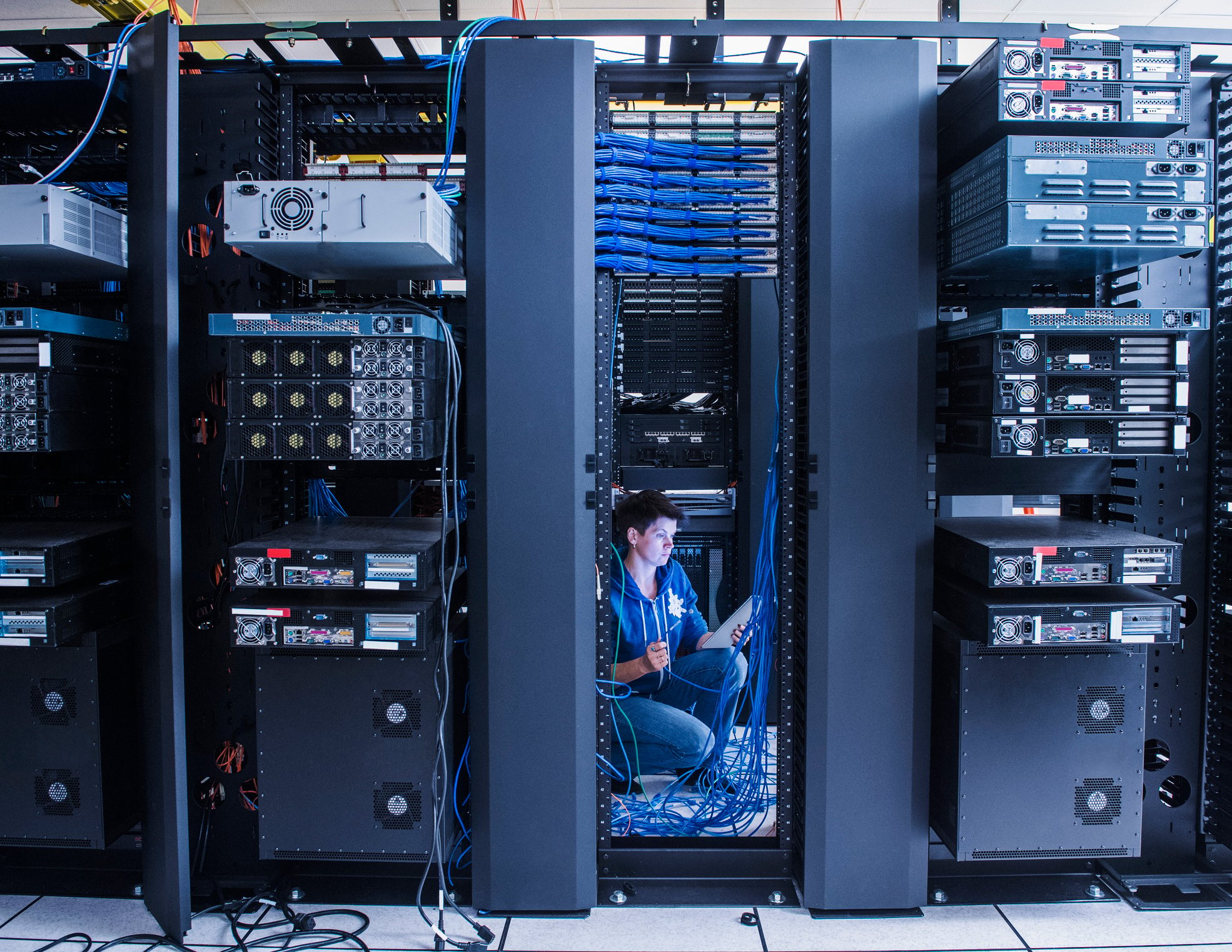Executives at Taiwan Semiconductor Manufacturing (TSM 1.54%), or TSMC for short, recently said at an event that we are in a "new golden age" for chips. These executives also forecast 10% annual growth for the global semiconductor industry, excluding memory chips. For its part, TSMC has been forecasting revenue growth of over 20% in 2024.
Let's take a closer look at TSMC and why it could be one of the biggest beneficiaries of the strong market for semiconductors.

NYSE: TSM
Key Data Points
The capacity king
Today, many semiconductor companies, including Nvidia, use what is known as a fabless semiconductor model. What that means is that they just design the chips but don't do any of the actual manufacturing. Instead, the manufacturing is left to semiconductor contract manufacturing companies that specialize in manufacturing chips in their fabrication facilitates, or foundries.
TSMC is the world's largest semiconductor contract manufacturer. It has long benefited from the proliferation of semiconductors in everyday life, from computers to smartphones to automobiles. However, with the advent of artificial intelligence (AI) and the insatiable need of companies to build out AI infrastructure, TSMC is seeing the need for its services expanding even more.
The company's advanced packaging capacity has already been fully booked for the rest of this year and next as cloud computing companies rush to get GPUs (graphics processing units) from the likes of Nvidia and Advanced Micro Devices to keep up with AI application demand.
To help meet the demand for high-performance computing chips, TSMC is aggressively expanding its chip-on-wafer-on-substrate (CoWoS) advanced packaging capacity. According to industry reports, the company is looking to expand its monthly CoWoS capacity from 15,000 units at the end of last year to 50,000 units by the end of 2025.
TSMC is also in the process of adding more fabrication facilities. It just finished building its first specialty technology foundry in Japan and announced a second one with an expected completion date of 2027. It also recently completed its first fab in Arizona, which just began wafer production, and it also announced the intention to build a third facility in the state. TSMC also plans to start building a German fab focused on automotive and industrial applications late this year.
In addition, the company is looking to move down to 2-nanometer production technology. The increased density of 2nm chips will allow for increased speed and lower power consumption of the chips, while also allowing for more chips to fit onto a wafer, saving costs and increasing capacity.
Apple, which is TSMC's largest customer, has reported already met with the company looking to secure all of its 2nm chip capacity in an effort to catch up in AI. The company is believed to have previously secured all of TSMC's 3nm capacity. As a result, Nvidia's GPUs currently use a 4nm process.
Meanwhile, demand comes from traditional customers like Apple and Nvidia, and new players also want to get in on the action. Arm Holdings and Softbank reportedly plan to design a GPU, with Softbank looking to secure production capacity from TSMC. Companies like Meta Platforms, Amazon, and Alphabet have also designed their own AI chips.

Image source: Getty Images.
Winning the AI chip race
With numerous major tech companies wanting to get into AI chips, TSMC finds itself in an envious position. Demand for its services is through the roof with companies battling it out to secure production capacity, which remains constrained. This gives TSMC a lot of bargaining power in negotiations and strong expansion opportunities. With AI still in the early innings, the company looks like it will be a long-term winner in the AI chip race.
When it comes to valuation, TSMC's stock is inexpensive. It trades at about 25 times forward price-to-earnings (P/E) and under 14 times on an enterprise value-to-EBITDA basis. The latter metric considers its net debt position and takes out non-cash expenses.
TSM PE Ratio (Forward) data by YCharts
Given the demand for AI chips, it does appear that TSMC is uniquely situated to benefit from this golden age of chips. With capacity constrained and demand strong, the company should have a long runway of growth for years to come. With an inexpensive valuation, the stock looks like a buy at current levels.




